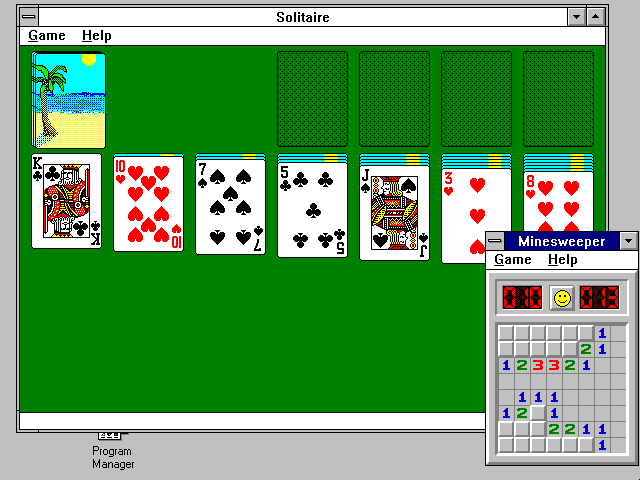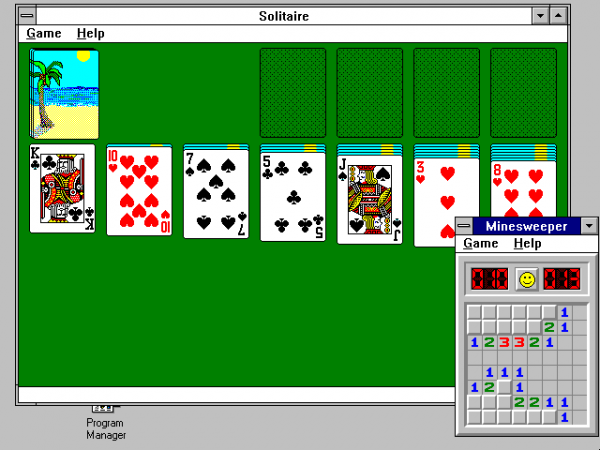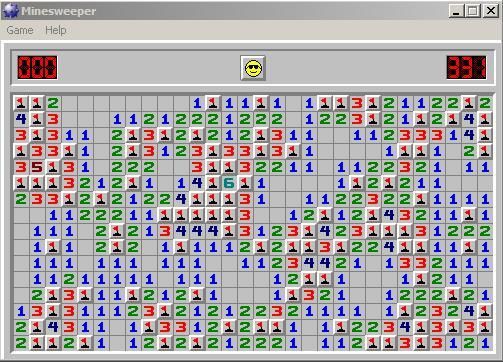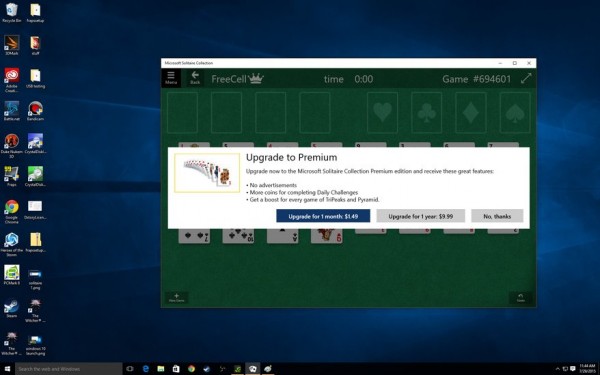They may no longer be pre-installed since Windows 8, but in the early days of Windows, Microsoft had a crucial reason to include its version of Solitaire, Minesweeper, FreeCell and Hearts. These games which few play today actually served a very important role in helping users get acquainted with an object we are now universally familiar with: the mouse.
Of course, these games aren’t originally created by Microsoft, but the inclusion of each served its own purpose when Windows was first introduced to the world. Solitaire and Minesweeper sneakily helped users navigate Windows using a mouse; Minesweeper by making users point and click on a specific spot on the screen, and Solitaire by introducing more complex features such as the drag-and-drop and the double-click.
FreeCell, on the other hand, was created to test the stability of a 32-bit software running in the 16-bit Windows 3.1. Hearts was used as a demonstration of Microsoft’s NetDDE local network technology, encouraging users to see the power of a local area network in Windows for Workgroups 3.1 way back in 1992.
Of course, such is the nature of history that sometimes, a story becomes more spectacular with every retelling. While the above certainly seem to contain some form of logical belief, it is also equally easy to dismiss them as the equivalent of grandfather stories for the modern world. That being said, there are some works that appear to lend some truth to at least some of the games’ influence.
A 1994 article on The Washington Post, highlighting the addiction of Microsoft’s Solitaire and Minesweeper among employees, quoted the lead product manager for entertainment at Microsoft at the time, Libby Duzan, as saying Solitaire was intended to “soothe people intimidated by the operating system”, giving them “something familiar and fun to do…while it also taught them how to use a mouse.”
In addition, a 1997 book (Planning and Implementing Technical Services Workstations, by Michael Kaplan) notes that Minesweeper addiction (yes, this was apparently a thing) was so bad in 1995 that it suggested employers to remove the game from company computers once it has “served (its) functional role in teaching a new user how to control the mouse”.
It may be hard to imagine a time when simple card games posed a serious threat to office productivity. Some will find it hard to believe too that after being mainstays in Windows for decades, these card games are no longer pre-installed on Windows. Instead, users are required to download them and, for ad-free enjoyment of the games, opt to pay for a subscription.
How times have changed indeed.
(Source: mental_floss)
Follow us on Instagram, Facebook, Twitter or Telegram for more updates and breaking news.







